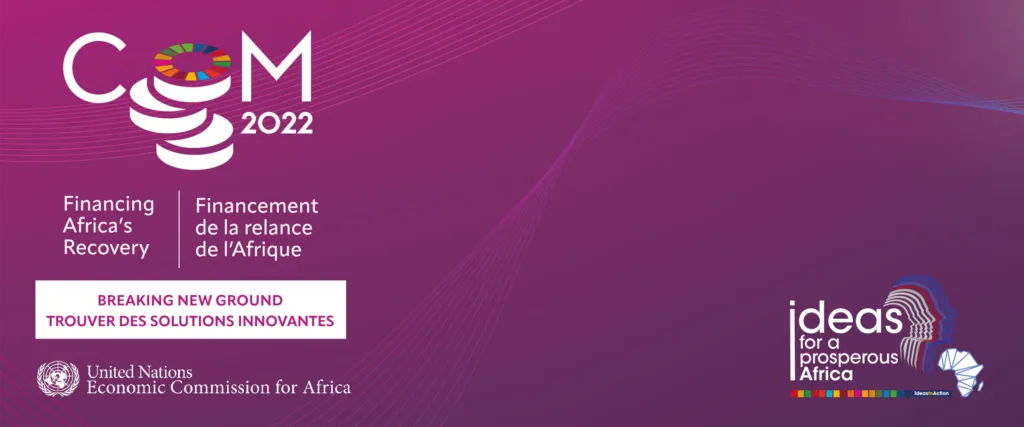The Covid-19 pandemic has pushed millions of Africans into poverty, putting social protection strategies at the top of the agenda for African finance ministers.
As the developed world unveiled unprecedented fiscal stimulus packages and support for citizens, African governments also spent millions of dollars supporting vulnerable populations, despite meagre resources.
Cynthia Samuel-Olonjuwon, Assistant Director General and Regional Director for Africa of the International Labour Organization (ILO), said that social protection should be at the forefront of every economic development plan.
“Social protection plays a key role in boosting domestic demand and supporting the transformation of national economies,” she said.
However, only 3.8% of Africa’s GDP is spent on social protection compared to 12.9% in the rest of the world.
Samuel-Olonjuwon said that African countries need to increase their spending by 8.2% to achieve the social protection threshold needed to support vulnerable communities.
Mohamed Maait, Egypt’s finance minister, said that the Arab republic had rolled out key protection measures over the course of the Covid-19 pandemic.
Egypt’s ambitious IMF-backed reform programme in 2016 paved the way for “more efficient social protection and human capital development”.
During the pandemic, the government created a solidarity and dignity support programme to send cash transfers to more than 4.5 million families on the poverty line.
The government also subsidises bread for more than 72 million people, covering the cost of 90% of the everyday staple.
Maait added that the government has invested aggressively in social housing for millions of poor families.
It has also increased public wages and pension payments by 10% and 13% respectively over the last few years.
The minister said that it is often hard to balance spending between “a lot of demands with limited resources” but underlined the importance of allocating funds to human capital.
João Fadiá, Guinea-Bissau’s finance minister, said that he has been personally charged with investing in healthcare facilities to protect needy citizens in one of Africa’s poorest countries.
The Lusophone country has set threshold prices for essential items like rice, sugar and flour in an effort to support vulnerable demographics.
“We have also made tuition free and invested a lot in feeding programmes to help keep kids in school,” he said.
Liberia also started providing food to vulnerable populations during Covid-19, as well as electricity and water in rural areas.
The government also intervened in household finances to pay off some debt.
“We want to redesign our redevelopment plan and structure in the context of Covid-19 so we don’t fall too far behind our development agenda to improve the lives of normal people,” said the Deputy Minister for Budget and Development Planning, Tanneh Brunson.
Uganda’s story is not that different to those of many other African countries except that most of the population has access to land and therefore it was not as necessary to roll out food aid, the country’s finance minister said.
“Food security is not a problem, but a big problem is that 39% of the country is not involved in the monetary economy,” said Amos Lugoloobi, Uganda’s Minister of State for Finance, Planning and Economic Development.
The government intervened in over 10,000 parishes across the country to identify citizens that are not engaged in the formal economy, to send them cash transfers.

Want to continue reading? Subscribe today.
You've read all your free articles for this month! Subscribe now to enjoy full access to our content.
Digital Monthly
£8.00 / month
Receive full unlimited access to our articles, opinions, podcasts and more.
Digital Yearly
£70.00 / year
Our best value offer - save £26 and gain access to all of our digital content for an entire year!
 Sign in with Google
Sign in with Google 



